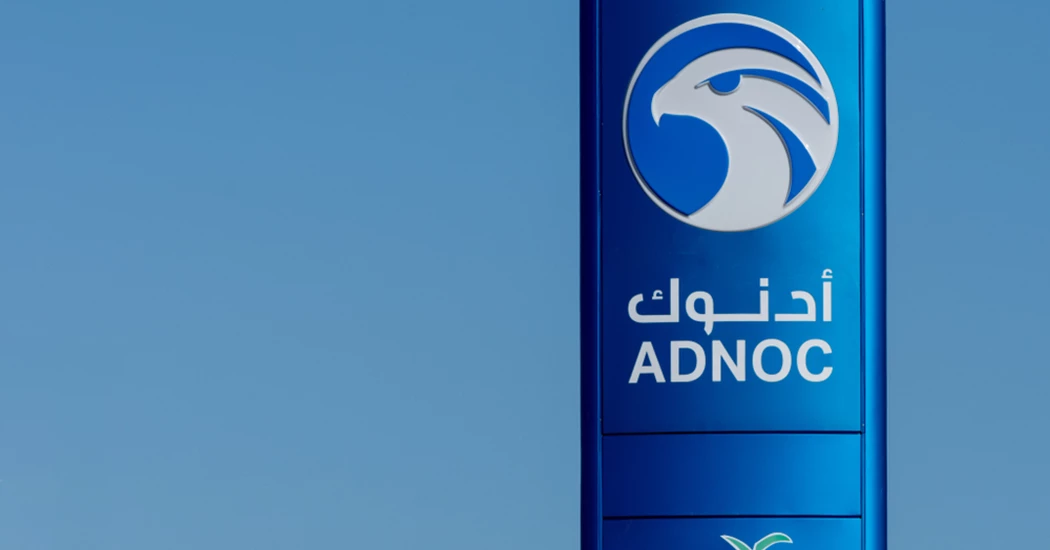ADNOC, TAQA in $3.6b deal to decarbonise offshore operations
Abu Dhabi National Oil Company (ADNOC) and Abu Dhabi National Energy Company PJSC (TAQA) announced on Wednesday a $3.6 billion strategic project to decarbonise ADNOC’s offshore production operations.
The project will develop and operate the first-of-its-kind high-voltage, direct current (HVDC-VSC) subsea transmission system in the Middle East and North Africa (MENA) region. The system will power ADNOC’s offshore production operations with cleaner and more efficient energy.
The companies said that the project will be funded through a special purpose vehicle (SPV) – a dedicated company that will be jointly owned by ADNOC and TAQA with 30 percent stake each. The project will be funded through a consortium comprising Korea Electric Power Corporation (KEPCO), Japan’s Kyushu Electric Power Co. and Électricité de France (EDF). Led by KEPCO, the consortium will hold a combined 40 percent stake in the project.
The companies said that the consortium will develop and operate the transmission system alongside the Abu Dhabi companies, before it returns to ADNOC after 35 years.
“The transmission system will have a total installed capacity of 3.2 GW and comprise two independent sub-sea HVDC links and converter stations that will connect to TAQA’s onshore electricity grid – operated by its subsidiary, Abu Dhabi Transmission and Despatch Company (TRANSCO),” the companies said in a statement.
Construction is expected to begin in 2022 with commercial operation starting in 2025.
“As ADNOC embraces the energy transition, this bold and progressive project will replace our existing offshore local power supply with cleaner and more sustainable onshore power sources, significantly reducing our carbon footprint while enabling additional cost savings,” said Yaser Saeed Almazrouei, ADNOC Upstream Executive Director.
The consortium was selected through a tender that was issued in April 2020. This project follows the recently announced global clean energy venture between TAQA, ADNOC and Mubadala, targeting a total generating capacity of at least 50 GW of renewable energy by 2030.
KEEPING THE ENERGY INDUSTRY CONNECTED
Subscribe to our newsletter and get the best of Energy Connects directly to your inbox each week.
By subscribing, you agree to the processing of your personal data by dmg events as described in the Privacy Policy.
More renewables news

With Trump Looming, Biden’s Green Bank Moves to Close Billions in Deals

GE Vernova Expects More Trouble for Struggling Offshore Wind Industry

Climate Tech Funds See Cash Pile Rise to $86 Billion as Investing Slows

GE Vernova to Power City-Sized Data Centers With Gas as AI Demand Soars

Longi Delays Solar Module Plant in China as Sector Struggles

Australia Picks BP, Neoen Projects in Biggest Renewables Tender

SSE Plans £22 Billion Investment to Bolster Scotland’s Grid

A Booming and Coal-Heavy Steel Sector Risks India’s Green Goals

bp and JERA join forces to create global offshore wind joint venture
















